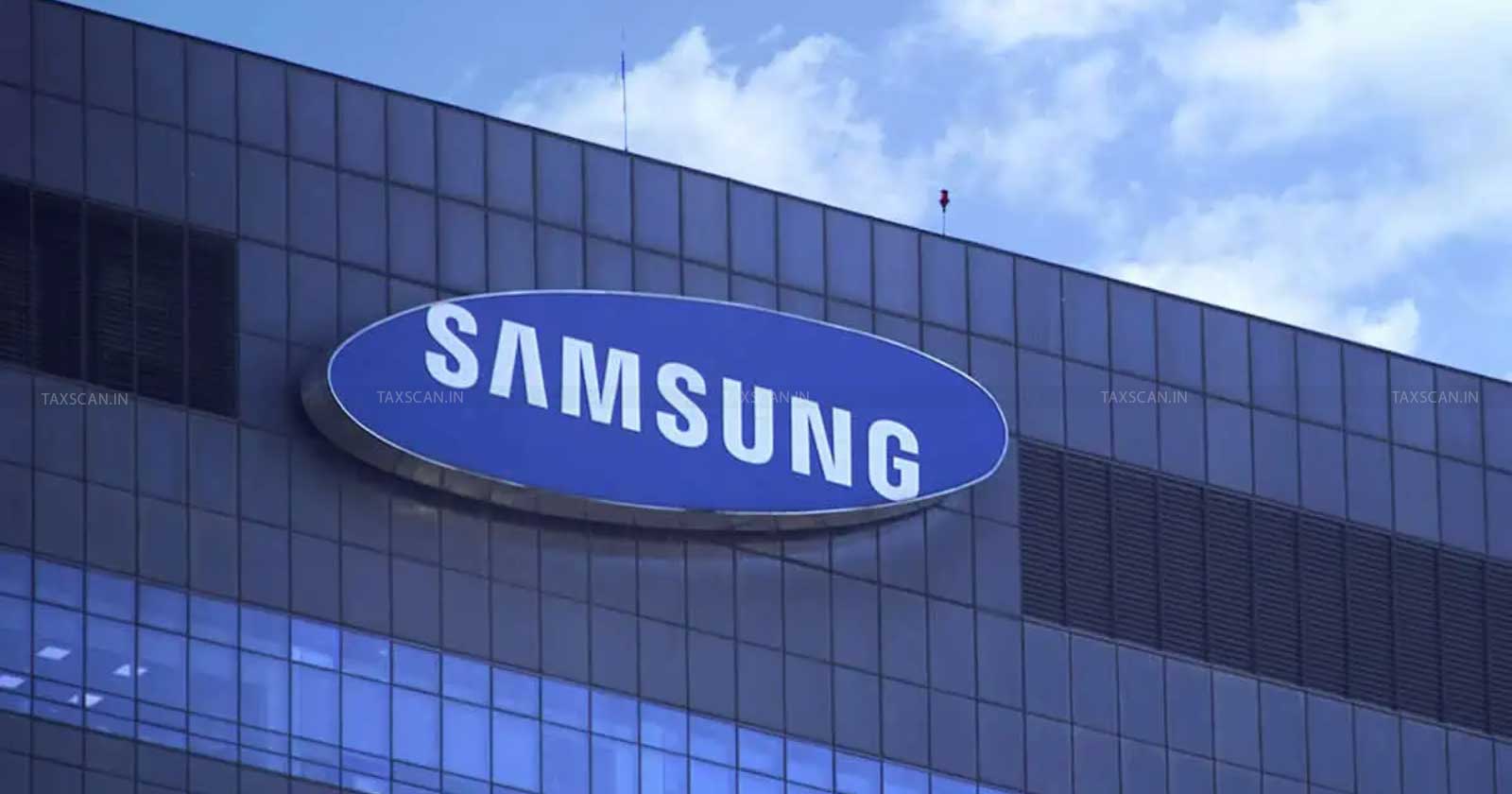Secondment of Employees by Samsung does not Prove PE under Art.5 of India-Korea DTAA: Delhi HC [Read Order]
The Delhi High Court established the prerequisites to deem the creation of a Permanent Establishment or Dependent Agent Permanent Establishment

Delhi High Court – India Korea DTAA – Article 5 of DTAA – Double Taxation Avoidance Agreement – TAXSCAN
Delhi High Court – India Korea DTAA – Article 5 of DTAA – Double Taxation Avoidance Agreement – TAXSCAN
In a recent ruling, the Delhi High Court affirmed that the secondment of employees by Samsung Korea to its Indian subsidiaries would not affirm the creation of a Permanent Establishment ( PE ) in India in terms of Article 5 of the Double Taxation Avoidance Agreement ( DTAA ) between India and Korea.
The observation was rendered by the Delhi High Court while adjudicating 9 Income Tax Appeals filed by the Revenue against Samsung Electronics Co. Ltd., impugning the order by the Income Tax Appellate Tribunal ( ITAT ) pertaining to the conduct of the Respondent during the Assessment Years (A.Y.) 2007-08 to 2009-10, 2011-12 to 2015-16 and 2017-18.
Understanding Common Mode of Tax Evasion with Practical Scenarios, Click Here
The key questions of law sought to be adjudicated by the Delhi High Court was whether the ITAT had erred in holding that the Assessee had no PE as per the meaning of the DTAA and whether the Assessee’s activities including the implementation of critical business decisions regarding manufacturer, pricing and decisions constitutes formation of PE in India.
The Division Bench of Justice Yashwant Varma and Justice Harish Vaidyanathan referred the decision in Hyatt International Southwest Asia Ltd. v. CIT (2024 TAXSCAN (HC) 125) that a PE is a concept wherein an enterprise undertakes economic activity in a particular state irrespective of its residence.
The seconded employees were noted to not discharge functions for the furtherance of the global enterprise, and instead were involved in the collection of market information, collation of data for development of products, market trend studies or exchange of information, not meeting the qualifying benchmarks of a PE.
Understanding Common Mode of Tax Evasion with Practical Scenarios, Click Here
Observing that the deployment of seconded employees should be assessed on whether their work is in furtherance of the business of their former employer or the enterprise with which they are placed, the Delhi High Court noted no infirmity with the impugned order passed by the Tribunal and dismissed the Appeals filed by the Revenue.
Senior Standing Counsel Sanjay Kumar, SSC appeared for the Revenue along with Junior Standing Counsels Monica Benjamin and Easha Kadian while Samsung Electronics was represented by Himanshu S. Sinha, Prashant Meharchandani, Jainender Singh Kataria and Kanika Jain.
To Read the full text of the Order CLICK HERE
Support our journalism by subscribing to Taxscan premium. Follow us on Telegram for quick updates


